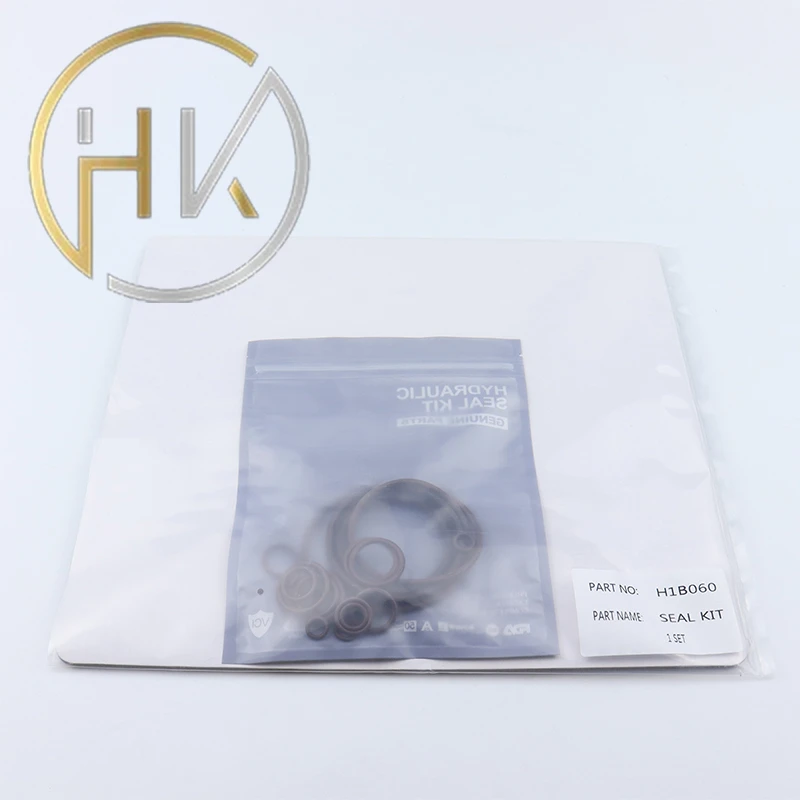Nov . 09, 2024 19:46 Back to list
Understanding the Role and Purpose of Oil Seals in Machinery and Equipment
The Function of Oil Seals
Oil seals, often referred to as lip seals or oil gaskets, play a critical role in various machinery and automotive applications. They serve as barriers to prevent leakage of lubricants and fluids, ensuring that your machinery operates efficiently and reliably. Understanding the function of oil seals is essential for anyone involved in maintenance, engineering, or automotive repair.
What is an Oil Seal?
An oil seal is typically a circular piece made from elastomeric materials such as rubber or silicone. It is designed to fit snugly around rotating shafts or stationary components, maintaining a tight seal against fluids. The design of an oil seal usually includes a lip that contacts the shaft and an outer casing that fits into the housing or casing of the equipment.
Main Functions of Oil Seals
1. Fluid Containment The primary function of an oil seal is to contain lubricants within a system. This is vital in reducing the risk of fluid leakage, which can lead to insufficient lubrication of vital components, causing wear and tear or even catastrophic failures in machinery.
2. Contaminant Exclusion Oil seals act as a barrier to prevent dirt, dust, water, and other contaminants from entering the lubrication system. When contaminants infiltrate a machine, they can lead to abrasive wear, corrosion, and reduced efficiency of the lubricant, often resulting in increased operational costs and maintenance downtime.
3. Pressure Maintenance In many systems, maintaining internal pressure is crucial for proper operation. Oil seals are designed to withstand various pressure levels, ensuring that the lubricants remain in place and perform effectively. They help in maintaining the necessary pressure differentials that prevent fluid escape and ensure optimal operation of the equipment.
4. Vibration and Noise Reduction Oil seals also help in dampening vibrations that occur during the operation of machinery. By maintaining a tight seal, they can significantly reduce noise levels, which is not only beneficial for the equipment's longevity but also improves the working environment for operators.
what is the function of oil seal

5. Temperature Tolerance Machinery often operates under extreme temperature conditions. Oil seals are engineered to handle high and low temperatures without compromising their structural integrity. This temperature tolerance is critical for ensuring the reliability of machinery in varying operational environments.
Applications of Oil Seals
Oil seals are used in a wide range of applications across various industries. In automotive engineering, oil seals are found in engines, transmissions, and differentials. They are crucial in preventing engine oil from leaking out and ensuring that the machinery operates smoothly.
In industrial machinery, oil seals are commonly utilized in motors, pumps, and gearboxes. They are essential in protecting the internals of these machines from contamination and maintaining the efficiency of the lubricants used within.
Additionally, oil seals also find applications in household appliances such as washing machines, where they prevent water leakage and maintain the efficient operation of the appliance.
Conclusion
Understanding the function of oil seals is vital for effective maintenance and operation of machinery. Their ability to contain fluids, exclude contaminants, maintain pressure, reduce noise and vibrations, and tolerate temperature variations is invaluable across diverse applications. Regular inspection and replacement of oil seals can ensure optimal performance and extend the lifespan of machinery, leading to cost savings and enhanced reliability.
In summary, oil seals may seem like simple components, but their functionality is paramount to the operational efficiency of equipment across multiple sectors. Their design and material engineering allow them to perform under diverse and challenging conditions, solidifying their place as a crucial element in mechanical design and maintenance. Whether in a car, an industrial machine, or a household appliance, oil seals help keep systems running smoothly, proving their importance every day in our mechanical world.
-
TCN Oil Seal Metal Ring Reinforcement for Heavy Machinery
NewsJul.25,2025
-
Rotary Lip Seal Spring-Loaded Design for High-Speed Applications
NewsJul.25,2025
-
Hydraulic Cylinder Seals Polyurethane Material for High-Impact Jobs
NewsJul.25,2025
-
High Pressure Oil Seal Polyurethane Coating Wear Resistance
NewsJul.25,2025
-
Dust Proof Seal Double Lip Design for Construction Equipment
NewsJul.25,2025
-
Hub Seal Polyurethane Wear Resistance in Agricultural Vehicles
NewsJul.25,2025
-
The Trans-formative Journey of Wheel Hub Oil Seals
NewsJun.06,2025
Products categories
















